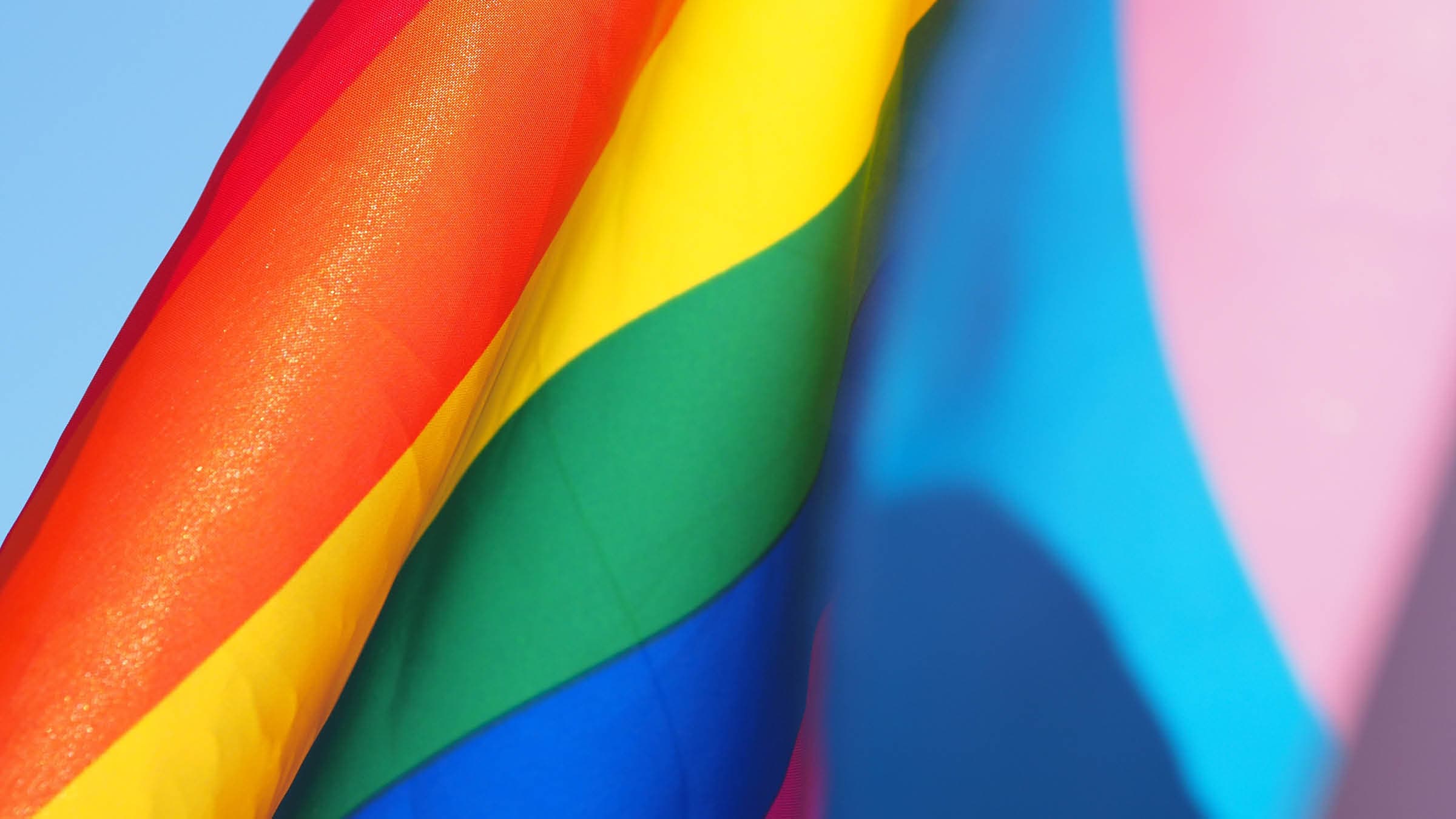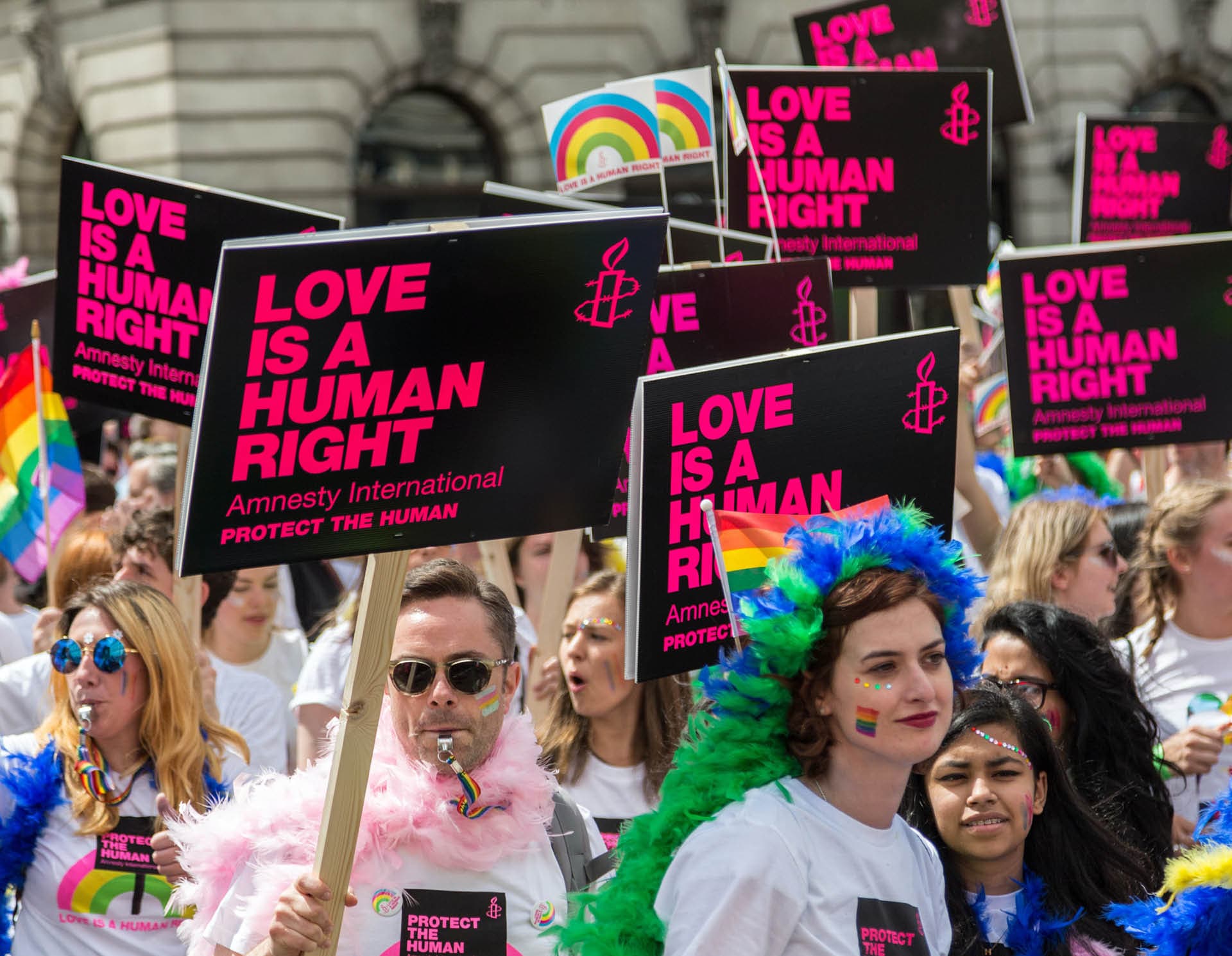Prejudice, housing issues and poor heath care: The perils of being a queer traveller in the UK

Housing insecurity, prejudice and inaccessible health care are issues that are shared between the Travelling and queer communities. But despite this, many queer members of the Travelling communities feel isolated from both communities.
Having launched on the 18th September, Traveller Pride’s LGBT Helpline is the first of its kind to cater for Queer Travellers. Following its launch, I spoke to Tyler Hatwell, the Executive Director and Founder of Traveller Pride about its debut and the issues that Queer Travellers face. “We [Queer Travellers] are a community that can suffer badly with mental health and can be disadvantaged when it comes to accessing mainstream services, so this aims to help alleviate a number of pressures,” he tells HUNGER. “What is important is that we have a space where an LGBT+ Traveller can feel they will be heard, witnessed and understood. For someone who may have a history of not being understood, not being accepted and not being welcomed, it can be an enormous relief to know that won’t be the case here.”

There’s no denying that the Travelling communities and the queer community are often targets of prejudice here in the UK. In fact, the Gypsy, Romani and Travelling (GRT) community is one of the oldest, yet most marginalised minorities in the United Kingdom. A recent report by Evidence for Equality National Survey (EVENS) found that 62% of Travellers (using the term Traveller as an umbrella term throughout this article) have experienced racial abuse, which is the highest percentage out of all minority ethnic groups surveyed.
And then, just last year the Conservative government passed The Police, Crime, Sentencing and Courts Act 2022, which ushered in persecution in the form of prison time, monetary fines, and the ceasing of property directed towards individuals who live on roadside camps – an open attack on those who wish to live nomadically by choice, necessity or culture. Of course with hostility spanning centuries, and the government constantly cracking down in efforts to break apart their nomadic way of life, it is easy to see why the travelling community hold onto their cultural identity so strongly.
Though, in recent years, despite hostility from governmental authority and the general public, attitudes towards the Travelling community have slowly begun to shift, with Roma being recognised officially as an ethnic minority and its inclusion on the 2021 UK census, and the introduction of Gypsy, Roma and Travellers History Month back in 2008 which continues to challenge anti-Traveller sentiment and amplify the voices of Travellers. But the fight still continues.
Taking place in June of every year since its creation, Gypsy, Roma and Traveller History Month coincides with LBGTQIA+ Pride Month. Both communities share similar issues, notably both may struggle with housing insecurity and in turn, the access to adequate healthcare, such as regular immunisations and vaccines and sexual health care like birth control and HIV preventive medicine, PReP. However despite their compounded issues, the voices of queer Travellers often go unheard and experience double discrimination in wider British society due to their queerness and their background. In fact, Hatwell goes on to tell me how “The issue we face which isn’t considered, is the anti-traveller attitudes we get from LGBT+ spaces too”.
On the flipside, Stonewall reports how 21% of LGBTQIA+ people have experienced a hate crime or incident due to their sexual orientation and/or gender identity in the last 12 months. When compared to similar findings regarding the safety and prejudice felt towards Travellers, it becomes clear to see why Queer Travellers often remain silent about their sexuality.
In turn, a recent report from Friends, Families and Travellers found that members of the Travelling community are over twice as likely to experience depression in comparison to the general British public. Rather chillingly, the report also found that Irish travellers in particular are 6-7 times more likely to die by suicide than the general public. And then when you take into account the findings of Just Like Us’ recent report about suicide amongst the LGBTQIA+ community, which found that 7 in 10 LGBTQIA+ people had experienced suicidal thoughts and feelings. When weighing up both reports it is clear to see that queer Travellers are in a vulnerable position, but are often turned away from the medical and psychological help they need. This is something Traveller Pride’s helpline hopes to combat by providing users with referrals to local health services and recommendations to educational facilities, but mainly as they list on their website, just to have a chat if that’s all that’s needed.
The launch comes a year after the passing of drag queen Cherry Valentine last year, who was vocal of their travelling background and the prejudice they faced when they starred on the second season of RuPaul’s Drag Race. They had also appeared alongside Traveller Pride in the BBC documentary Gypsy, Queen & Proud, where they discussed their relationship with their queerness and their travelling heritage.

